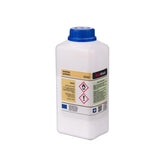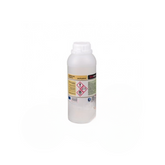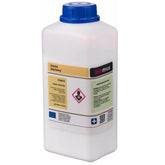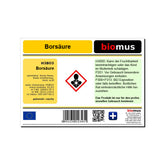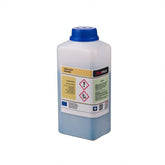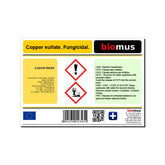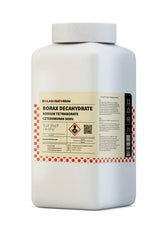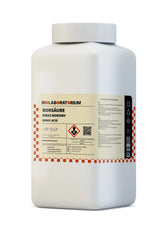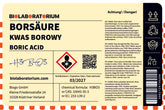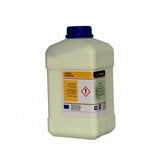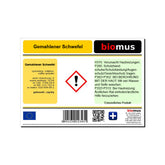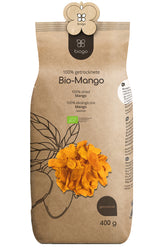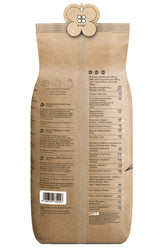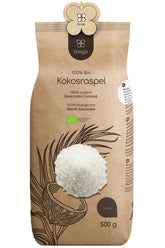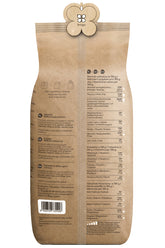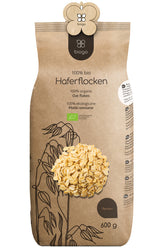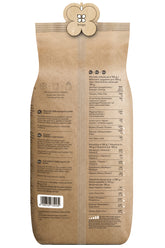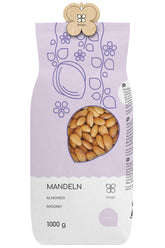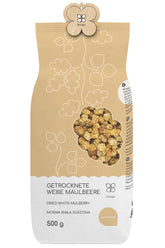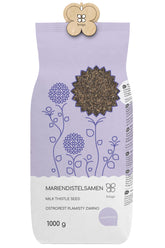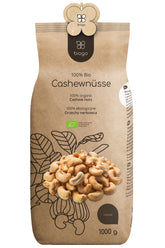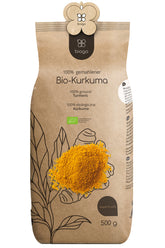Castor oil is a fascinating vegetable oil that plays an important role not only in the cosmetics and food industries but also in numerous industrial applications. As a renewable raw material, it offers a sustainable alternative to fossil fuels and synthetic chemicals. In this blog post, we want to take a look at the diverse industrial and technical applications of castor oil.
Castor oil as a lubricant
One of the main application areas of castor oil is the production of lubricants. Due to its unique properties, such as high viscosity, good lubricity, and temperature resistance, it is excellent as a base for industrial lubricants. Castor oil is used in gear and motor oils, hydraulic fluids, as well as greases for bearings and gears.
Compared to conventional mineral oils, castor oil offers several advantages:
- Higher viscosity and better lubricating properties
- Better oxidation stability and aging resistance
- Good cold flow properties
- More environmentally friendly than mineral oils
These properties make castor oil a valuable raw material for the production of high-quality, durable industrial lubricants.
Castor oil in paints and varnishes
In addition to its use as a lubricant, castor oil is also applied in the paint and varnish industry. Due to its drying properties and film formation, it is excellent as a binder in coatings. Castor oil gives paints and varnishes high elasticity, adhesion strength, and weather resistance.
In the past, castor oil was often used in oil paints, varnishes, and lacquers. Nowadays, it is also used in modern, low-solvent coating systems such as acrylic paints or polyurethane dispersions. The use of castor oil can make products more environmentally friendly while simultaneously improving their technical properties.
Castor oil as a chemical raw material
In addition to the applications mentioned above, castor oil is also an important chemical raw material for the production of various industrial chemicals. Through chemical modifications, a variety of derivatives and specialty chemicals can be produced from castor oil.
The most important derivatives include:
- Ricinoleic acid: Used for the production of lubricants, plastics, surfactants, and pharmaceuticals.
- Ricinoleic acid esters: Used as plasticizers, lubricants, and hydraulic fluids.
- Sebacic acid: Serves as a starting material for the production of polyamides, polyesters, and polyurethanes.
- 12-Hydroxystearic acid: Used in lubricating greases, cosmetics, and plastics.
These derivatives open up a wide range of applications for castor oil in the chemical industry. By using renewable raw materials, fossil resources can be conserved and more environmentally friendly products can be produced.
Castor oil in the electronics industry
Another interesting field of application for castor oil is the electronics industry. Due to its electrical insulating properties, temperature resistance, and oxidation stability, it is used in transformer oils, cooling fluids for high-performance electronics, as well as insulating material in cables and wires.
The use of castor oil in the electronics industry offers several advantages:
- High insulation capacity and voltage resistance
- Good heat transfer properties
- Environmentally friendly and biodegradable properties
- High aging resistance
These properties make castor oil a valuable raw material for the development of modern, efficient, and sustainable electronic products.
Conclusion
Castor oil is a versatile and fascinating raw material that offers industrial applications far beyond the cosmetics and food industries. From the production of high-quality lubricants to use in paints and varnishes to its use as a chemical basic material in the electronics industry – castor oil convinces with its unique properties and advantages.
As a renewable raw material, the use of castor oil also contributes to the conservation of fossil resources and the development of more environmentally friendly products. In times of climate change and increasing demand for sustainable solutions, castor oil is therefore gaining more and more importance in industrial practice.
Discover the diverse possibilities that castor oil offers as an innovative and forward-looking raw material. Let yourself be inspired by the exciting applications in industry and technology!
